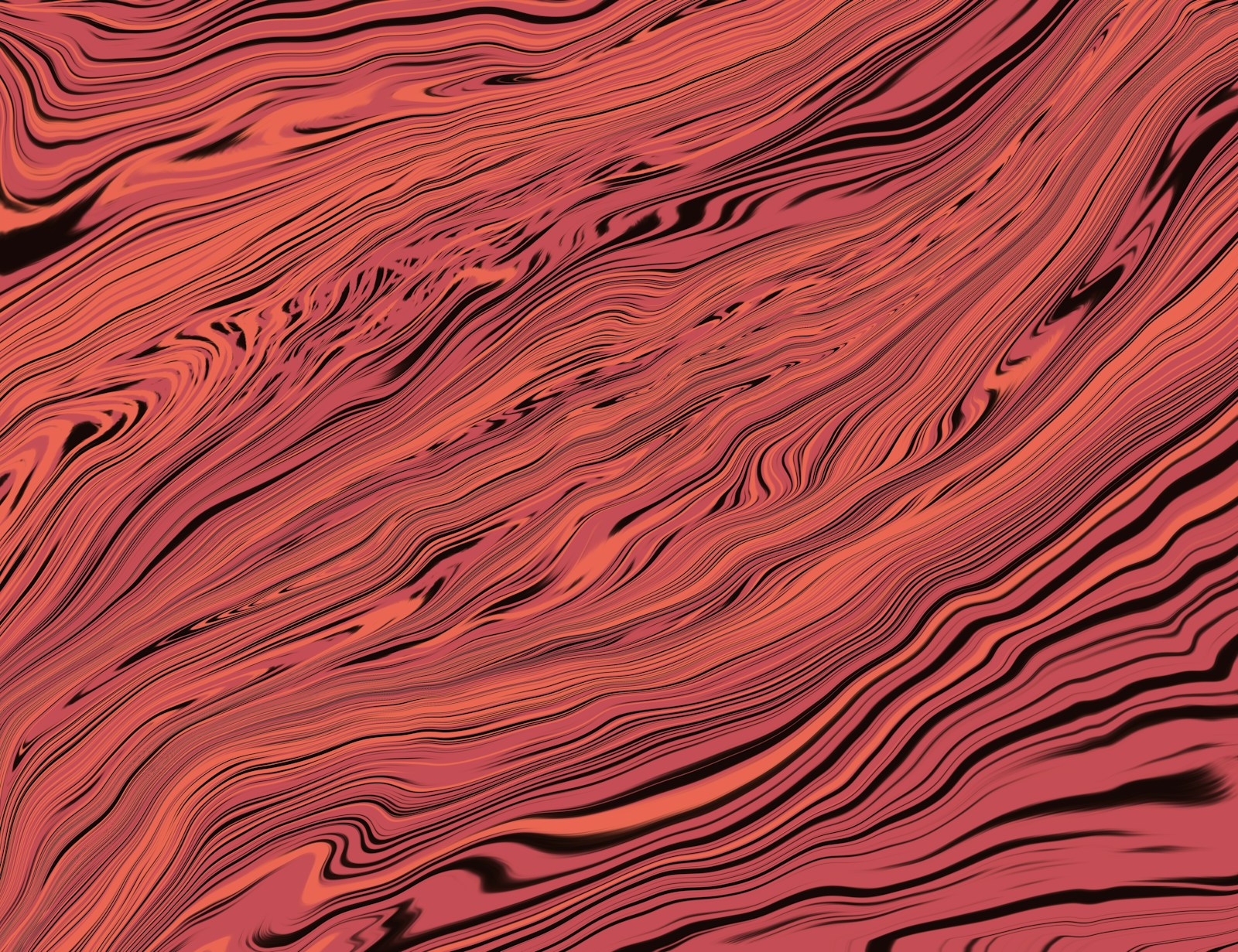
辉煌
huīhuáng

brilliant
In Chinese, '辉煌' (huīhuáng) is used to describe something which is magnificent or outstanding. It is often used to describe an accomplishment, a beautiful scene or object, or even a period of time, such as a 'brilliant era'. Just like in English, it can be used in a variety of contexts.
Example sentences using: 辉煌
这是辉煌的一天。
Zhè shì huīhuáng de yītiān.

This is a glorious day.
This sentence is used to describe a day that is particularly excellent or successful.
他的辉煌成就让人敬仰。
Tā de huīhuáng chéngjiù ràng rén jìngyǎng.

His brilliant achievements are admired by people.
This sentence emphasizes someone's achievements which are so outstanding that people admire them.
我们终将迎来辉煌的未来。
Wǒmen zhōng jiāng yíng lái huīhuáng de wèilái.

We will eventually usher in a glorious future.
This sentence expresses a positive view on the future, indicating that we will have a bright and successful future.
他生活在辉煌的年代。
Tā shēnghuó zài huīhuáng de niándài.

He lived in a glorious era.
This sentence indicates that the period when someone lived was glorious, usually marked by prosperity or grandeur.
辉煌的胜利等待着我们。
Huīhuáng de shènglì děngdài zhe wǒmen.

A glorious victory is awaiting us.
This sentence implies a positive outcome is expected, and a prestigious victory is anticipated.
他的绘画充满了辉煌的色彩。
Tā de huìhuà chōngmǎnle huīhuáng de sècǎi.

His painting is full of glorious colors.
This sentence describes someone's painting that is rich and brilliant in colors.
辉煌的城市举行了盛大的庆典。
Huīhuáng de chéngshì jǔxíng le shèngdà de qìngdiǎn.

The glorious city held a grand ceremony.
This sentence describes a prosperous city that held a grand celebration.
历史上的那段辉煌时期我们无法忘记。
Lìshǐ shàng de nà duàn huīhuáng shíqī wǒmen wúfǎ wàngjì.

We cannot forget that glorious period in history.
The sentence reflects a memorable, golden period of past history.
我梦见一个辉煌的世界。
Wǒ mèngjiàn yīgè huīhuáng de shìjiè.

I dream of a glorious world.
This phrase shows someone's aspiration for a wonderful world.
辉煌的文明代表了人类的进步。
Huīhuáng de wénmíng dàibiǎole rénlèi de jìnbù.

The splendid civilization represents human progress.
This sentence associates a glorious civilization with human advancement.